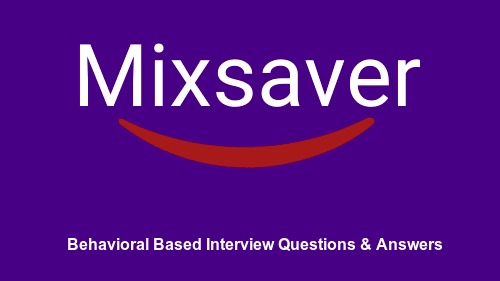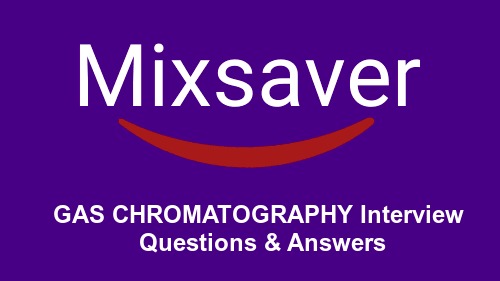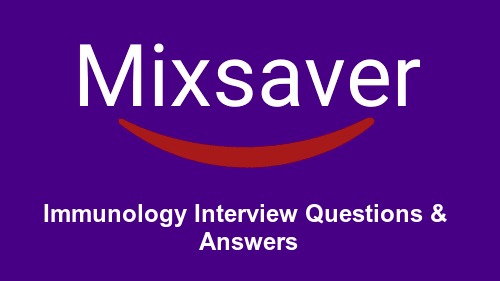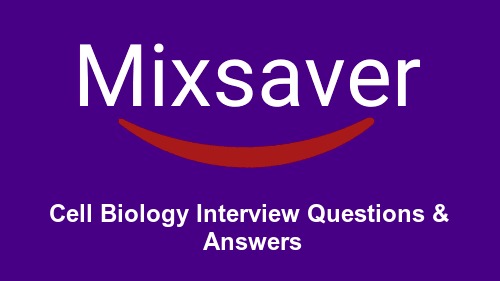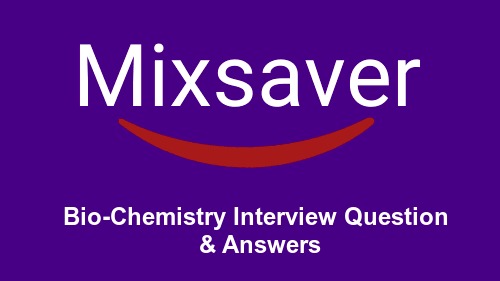1. “Describe your former boss.”
Letting an applicant describe his former boss is not about knowing the true character of his superior. It will, however, reveal how he talks about his superiors behind their backs. The amount and kind of information he discloses will show if he only wants to get back at his boss or if he just wants to genuinely answer the question.
2. “Take me back to a moment wherein you had to say what’s on your mind to let your colleagues know what you felt or thought.”
The answer to this question explains how open he is to express his thoughts. Let the interviewee reenact how he said what’s on his mind that time so you can get a glimpse of the way he verbalizes things- if it’s straightforward, beating around the bush, or offensive.
3. “We all have people we don’t hate but we dislike. Why did you dislike a former coworker and how did you deal with him/her?”
Team dynamics is key to a positive and productive work environment. However, you cannot expect everyone to like each other when they have different personalities. Asking about how he deals with a person he doesn’t like but needs to interact with will give you a glimpse of how he will behave with your existing team.
4. “Was there a time when you had to agree to a decision even if it was against your will? Why did you agree?”
This question will give you an idea of how much a follower the applicant is. Agreeing to a decision even if it was against what was planned if it is for the common good, is a sign that he values not only his opinion but others’ as well. If he still stood firm with what he believed is right and proper and didn’t conform with the majority, it shows his confidence in himself and his choices.
5. “Let’s say we hired you, and you got fired after a couple of months. What do you think would be the reason?”
A person who admits his faults is humble enough to acknowledge the fact that he is not all good. During interviews, people “sell” themselves. All they talk about are things that they are proud of and asking them a question that will uncover their imperfections will balance things out.
6. “Tell me how you faced a personal problem while at work.”
This will test how professional a person is. Separating personal life from work is a skill everyone should know because they are too different worlds that shouldn’t mix together. Problems at home shouldn’t be brought to work and vice versa.
7. “If I assign work that isn’t part of your job description, what will you do?”
Some employees are not comfortable doing something that isn’t part of what was agreed upon and you must know about it as early as now. If the applicant gives a positive answer such as learning how to do it, it leaves a good impression that he’s willing to learn something new.
8. “Give me an unexpected situation you encountered in the past. How did you face it?”
Every day is a surprise and it is not always pleasant. Unexpected situations bring out the best and worst in a person. It is vital to know how he reacts to it because working in a pressurized environment entails unplanned events and good decision-making skills.
9. “Tell me a story about how you solved a conflict or disagreement between you and a former colleague.”
Disputes are unavoidable in the workplace. It all boils down to how a person solves a situation between him and his colleagues. Catfights and violence are major turn-offs but being able to solve it amicably is one factor to consider why you should hire him.
10. “If I call your references now, what would they say about you?”
Character references validate everything that is stated in a person’s resume but it can also contradict them. An applicant who’s confident that everything that is stated in his credentials are true and that he only gives honest answers during the interview doesn’t need to worry about this question.
11. What’s Behavior-Based Interviewing?
Behavior-based interviewing techniques are utilized by employers who are looking for greater detail on their demonstrated work abilities. In other words, it is an interviewing method that requires you to give strong, detailed examples to support any claims you make about your skills, abilities and character during an interview or on a resume or CV.
Behavior-based interview questions are open-ended and require a candidate to answer in a very structured and specific manner in order to satisfy all requirements for sufficiently addressing the “situation” or “challenge” set forth in the question itself. Here are a few examples of common behavior-based questions you may encounter.
Give me an example of a time when you had to make a very quick decision on a matter of significant importance.
How do you typically handle conflict? Give me an example.
Tell me of a time when you took the lead on a project or specific task? What were the circumstances? And the outcomes?
Give me an example of a time when you had to deal with someone with whom you didn’t really like or mesh well with. How did you handle the situation?
12. How Can I Best Answer Behavior-Based Questions?
Think of "PAR for the Course". A complete answer to a behavior-based question must explain the task or problem for which you were responsible, the specific action you took and the results of your actions. Your answer must contain all of these components to be a PAR answer. Tell the interviewer a "story" (with a beginning, a middle and an end) about how you used a practical skill.
Problem (P) - Advertising revenue was falling off for the Daily News and large numbers of long-term advertisers were not renewing contracts.
Action (A) - I designed a new promotional packet to go with the rate sheet and compared the benefits of DN circulation with other ad media in the area. I also set up a special training session for the account executives with a College of Business professor who discussed competitive selling strategies.
Result(R) - We signed contracts with fifteen former advertisers for daily ads and five for special supplements. We increased our new advertisers by twenty percent (quantities are always good) over the same period last year.
13. Explain step by step guide for answering the behavioral based interviewing questions?
1. Skill sets and behavior required:
The employer determines the skills that are necessary for the job. They will probably ask specific questions to see if you possess those skills.
2. Make a list:
To assess which skills are important for the said job, review the job description carefully. List those skills required for the said job.
3. Prepare: Identifying those past situations in which you have faced/practiced the skills required. Refresh your memory regarding your performance in previous jobs on the desired behaviors. Your performance may be proved in many ways. Think about past activities, team involvements and tough work experience.
4. At the behavioral based interview: Listen carefully to the question, ask for clarification if necessary and give a complete answer.
5. Tell a story: Based on the situation the interviewer will choose, tells a work related story for a few minutes. In the interview, your response needs to be precised and detailed. Specify a situation that relates to the question, not a general one. Briefly explain the case, what you did and why you have decided to do that, and describe the positive result and your lesson learned.
6. Frame your answer: Do it in a four step process: Situation, Action, Result and Lesson learned.
7. Analyze your answer: The interviewer can interfere asking to follow up questions in order to clarify some aspects, such as “Why did you decide that way? What was the decision process?” or “What was the reaction of other team members?” Asking these questions, the interviewer would want you to give him an in-depth analysis to the situation.
14. How Can I Prepare for a Behavioral Interview?
Analyze the type of positions for which you're applying. Try to get an actual job description. What skills are required by employers?
Analyze your own background. What skills do you have (content, functional and adaptive) that relate to your job objective?
Identify examples from your past experience where you demonstrated those skills. How can you "tell a story" about your use of particular skills or knowledge? Concentrate on developing complete PAR answers and remember that a good story has a beginning, middle and end.
Whenever possible, quantify your results. Numbers illustrate your level of authority and responsibility.
Be prepared to provide examples of when results didn't turn out as you planned. What did you do then?
Before starting the interview process, identify 2 to 3 of your top selling points and determine how you will convey these points (with demonstrated PAR stories) during the interview.
Once employed, keep a personal achievement diary to help document demonstrated performance (PAR stories).
15. What examples to choose for the behavioral interviewing?
Success stories: Pick those cases you’re really proud at your performance, as you may be more confident in describing these, such as: problems you solved or a successful initiation you took.
Don’t complicate: An interview is not the place to speak about controversial events or those tough stories that you were not performed at your perfection. You may bring a complex situation however close the story with a lesson learned.
